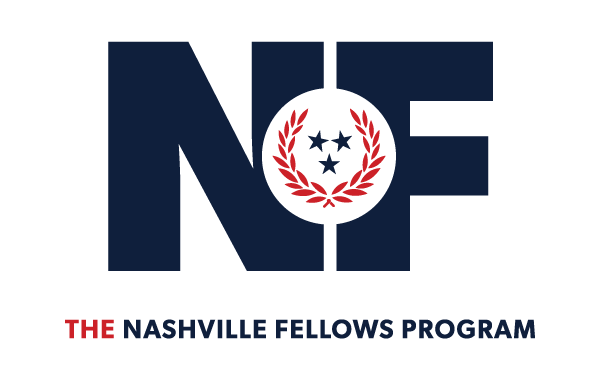Our God of Space and Time by Marshall Clark
At this point in the Fellows Program, the reality of life is just setting in. The two-month mark is a
pivotal time where situations look differently compared to even a few weeks ago. With the veneer
of newness and excitement fading fast (or completely gone in some cases), the reality of life’s
hardships flood in on a daily basis. Inconveniences are more apparent with host families. Work
has gone from an exciting learning curve to a daily, painful grind. Time moves slow when you
want it to move fast, fast when you want it to move slow, and true rest becomes a coveted
unicorn.
So what happened in two month’s time!? Why does life feel so much harder? Why do I often
operate with a low-grade annoyance at youth group, work, and home? Am I more selfish now?
Why do I feel exhausted? Why does God feel distant? Why do I feel like I’m merely surviving,
not thriving? When will I finally feel ok?
I don’t propose to know the answers to these questions.But very quickly, I think a healthy look at our God—who is outside of time and space— will comfort us in our interactions with sucky spaces and frustrating times. The Psalmist tells us “He will not let your foot slip— he who watches over you will not slumber.” (121:3 NIV)
God has not overslept. He’s not running late. Nothing slipped his mind. He watches us
constantly and he knows exactly what we are going through. (Ex. 2:25 ESV)
Isaiah 31:1 is surprisingly pertinent to modern eyes and ears: “Woe to those who go down to
Egypt for help and rely on horses, who trust in chariots because they are many and in horsemen
because they are very strong, but do not look to the Holy One of Israel or consult the LORD!”
Often I find myself “going down to Egypt” to trust in things like: a busy schedule, approval from
people at work, being on top of things, impressing new people, and knowing more than others.
So I especially need the reminder to NOT trust these things. These things look strong and
numerous, even able to save us, but in the end they stress us out and put us back on the
hamster wheel of chasing the next thing to make us whole. Sometimes believing the Gospel
feels crazy, unsatisfactory, and like we are intentionally putting ourselves at a disadvantage to
the rest of the world. Good thing Paul reminds us that what we believe really is folly to the world.
(1 Cor. 1:21-25 ESV)
Instead of worldly gods, the equivalent of idols overlaid with silver, we have a God who, though
outside of time and space, entered into both to pursue and save us. He put on flesh, learned
language and how to process colors, and suffered the shame of the cross, for us. That puts my
momentary pressure points into context.
Even more, he offers us a remedy to life’s difficulties: “Come to me, all who labor and are heavy
laden, and I will give you rest.” (Matt. 11:28 ESV)
If any of this resonates with you, I invite you to assume the role of the man in Luke 5, and see
just how willing Jesus is to help: While Jesus was in one of the towns, a man came along who was covered with leprosy. When he saw Jesus, he fell with his face to the ground and begged him, “Lord, if you are willing, you can make me clean.” Jesus reached out his hand and touched the man. “I am willing,” he said. “Be clean!”
Jesus desires to touch even the most hideous and shameful parts of us. He wants all of our
longings, our pent-up frustrations, our dreams for the rest of The Fellows Program and the rest
of life, so that he might fill them all with Himself. Though the Fellows Program is demanding
physically, emotionally, spiritually, and every other way, I pray we can look through the busyness
of our schedules to remember to lean into the truth that God uses hard things to make us more
like Him.
He knows our frame; he knows that we quickly run to momentary rest. He gives us hard
seasons so that we might give ourselves more and more to him: so that we might echo Charles
Spurgeon in saying, “I have learned to kiss the wave that throws me against the Rock of Ages.”
